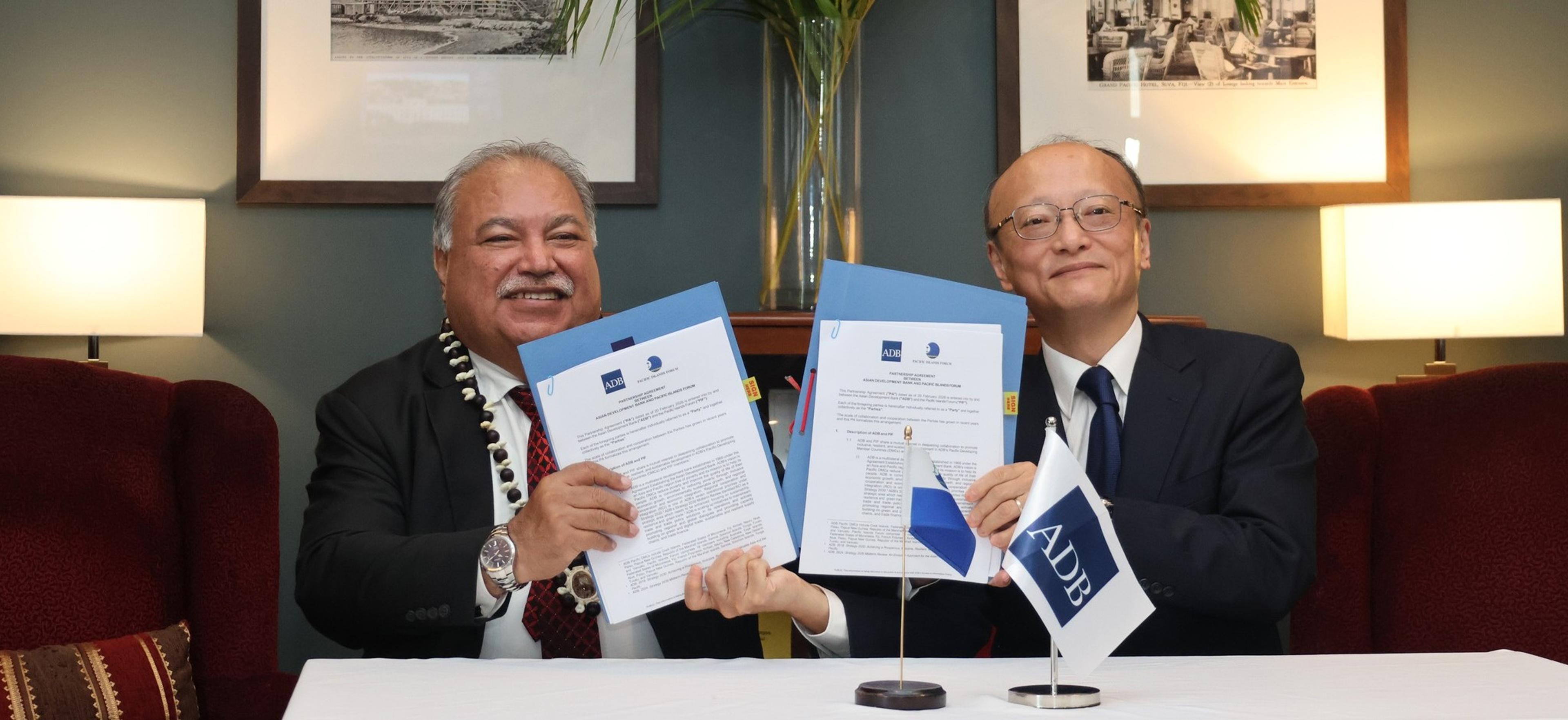

Lusi Faiva as her statement is read at the Abuse in Care inquiry, with support person Dr Kelly Tikao by her side. Photo / Royal Commission
Photo / Royal Commission
Lost in care - Samoan woman speaks out about her time in institution for disabled
A Samoan woman with cerebral palsy still lives with the impact of her years at the Kimberley Centre, and says services are stuck in the past.


Time for an Indigenous State of Origin? The All Stars game shows who really powers the NRL



Asian Development Bank expands Pacific footprint with Suva hub and new PIF agreement

Time for an Indigenous State of Origin? The All Stars game shows who really powers the NRL


Lusi Faiva is a strong Samoan woman, and abuse survivor.
She has cerebral palsy, and gave evidence this week at the Disability, Deaf and Mental Health institutional care public hearing.
The hearing is part of the extensive Abuse in Care inquiry, looking at neglect and abuse in psychiatric units, foster care, and religious based institutions over a 50 year period.
In the courtroom, her colourful ulalei stands out, and the microphone picks up her laughter before proceedings begin.
She gives a brave thumbs up, showing her tatau. The computerised female voice reading her statement starts, and so do her tears.
“I am a proud Samoan woman. I am an artist, dancer, and passionate freedom-seeker.”
Faiva was just two years old when she was diagnosed and admitted to the Kimberley Centre in Levin, a home for intellectually disabled people.
A doctor told her mum it would be better for her to go to an institution, but instead of a warm caring atmosphere, she experienced emotional, medical and cultural neglect over the next five years.
“During the day, we sat in the recreational room, but there were no activities going on - we hardly interacted with each other. The institute felt dark and cold.”
Faiva cries throughout the entire audio statement, leaning so her support person can wipe her tears.
“The only times the nurses came on the ward was to give us children our medicine and then they left. Once, I fell and broke my ankle because no one was watching me.
“If I had received better care then, my physical health would be better today.”
Faiva nods to emphasise each point, as the robotic woman’s voice continues.
“Being in care was like a slap in my face. There was no freedom of choice in entering care. I was lost in care. There was no acceptance or trust from others that I needed freedom. There was no voice of freedom in the institution.
“The concept of institutions are not set up to care and look after disabled people because it is built on a system that dehumanises disabled people - and I think that hasn’t changed much for how the current state care works.
“Care was about medication, changing, showering and other clinical procedures that don’t take into account the very individual needs such as human connection and affection.”
Even though she was young, Faiva remembers feeling "trapped in myself" and her cultural identity was never acknowledged.
“It was assumed that I did not have the mental capacity to communicate, and it was assumed that I had an intellectual disability.
“No one thought to ask me what was going on for me. No one ever talked to me about my Samoan heritage either. I felt like people didn’t know or care about my Samoan culture. There was no respect or effort to recognise me for who I am.”
A couple at the Centre taught Faiva to read and write, so she could better communicate what she was feeling. The staff members formed a close bond with her, making it hard for her to leave, and they are still in touch today.
“Their regular interactions taught me that I was someone, I was Lusi, and I deserved to be loved.”
Faiva’s Mum didn’t visit while she was at the Centre, and the only time she came was when she was seven years old, to take her home. The loss of those years still impacts their relationship.
“When I came home, it felt like we were strangers, and it has been really hard to make up for the years we missed out on being with each other.”
Even after leaving the centre, her challenges continued, with her Mum being in an abusive relationship and them both eventually staying at a women's refuge.
“When things were really hard at home with my family I sometimes wished I hadn’t gone home. However, looking back now, I think that if I had stayed in Kimberley for any longer my life would have been worse.”
While her Mum was looking for a place for them to live, Faiva went through surgery in an attempt to straighten out her legs and ankles to help her walk.
“The doctors didn’t explain what they were doing to me. I felt my body was being manipulated. They were working with my cerebral palsy as if it was disconnected from me and my feelings did not exist.”
They had a brief stay in Auckland with her aunt, living in a four bedroom house with 15 people.
“I went from not really understanding my Samoan identity nor hearing my language to being thrown into this rich but overwhelming space.
“I was receiving the cultural knowledge I had longed for but my Samoan family didn’t know about cerebral palsy and therefore didn’t know how to care for me.”
At the age of 28, Faiva joined a dance group, finding another way to express herself through movement, and connect with her Samoan culture. She is a co-founder of Touch Compass, the top disability-led performing arts organisation in the country,
“I feel free when I dance.
“To be honest, I still struggle with putting myself on the stage because I feel judged, but I put a facade on to be on the stage and I pour my heart into my performance.”
Living life, and hopes for the future
She now lives independently in Mt Roskill, and values her freedom, but says there’s still aspects of care that haven’t improved.
“The support services aren’t sourced enough to be reliable when I need them urgently. There is always uncertainty whether they will turn up or not, and not having that security is hard.
“The right support for me looks like having consistent support where I don’t have to feel worried about how I’m going to get out of bed or I can come home at night when I want to and still be able to get ready to sleep with support.”
She says the Ministry of Health is often not up to date with the latest technology, so it’s difficult to get funding, and some support staff do not have the patience or training in other communication methods.
“The system is dictated by the routine of the day, and it does not necessarily allow uniqueness of individuality to be respected, which means that some people providing care do not have patience to communicate well.”
The hearing continues this week, and the findings will be used to form recommendations to improve government support services and reduce harm.